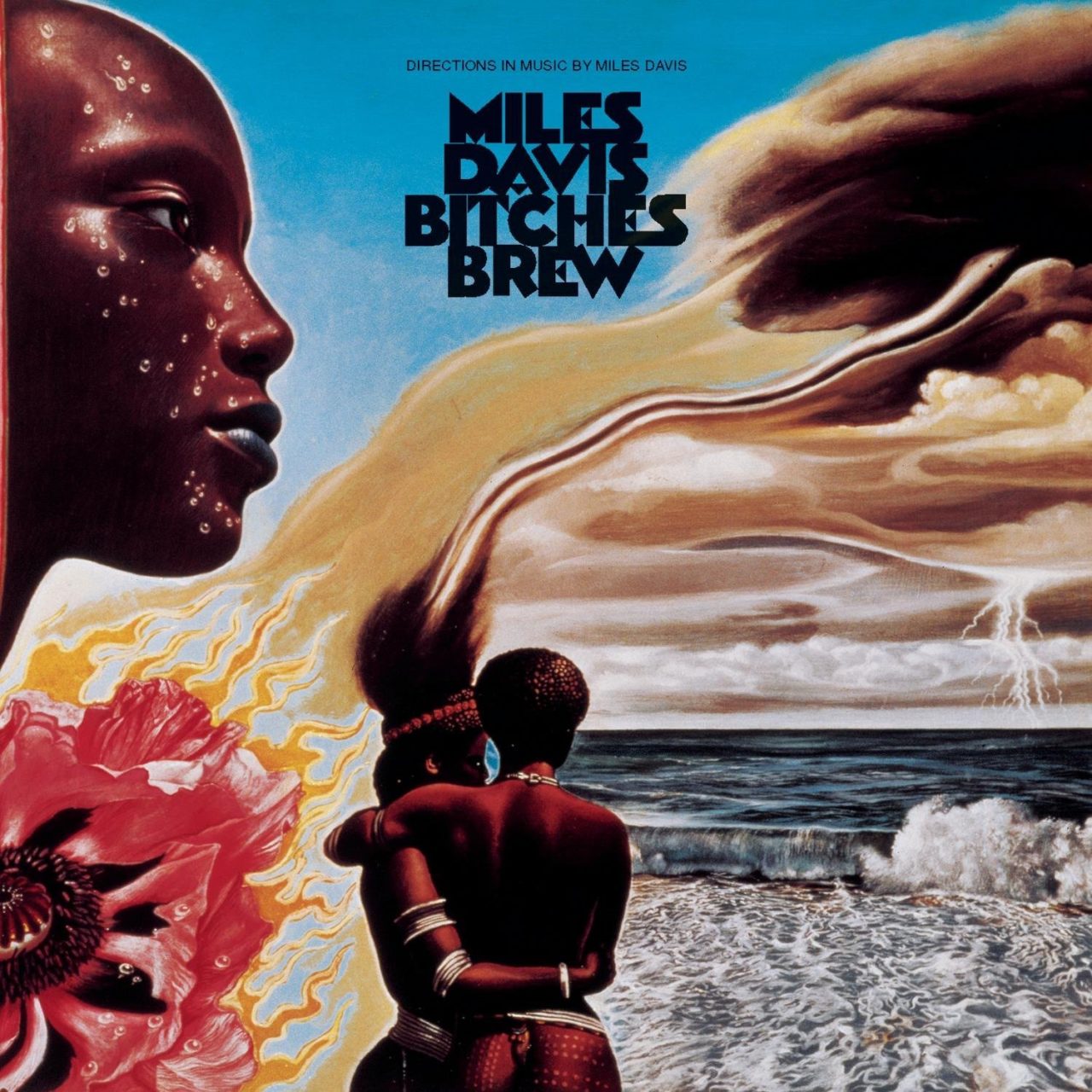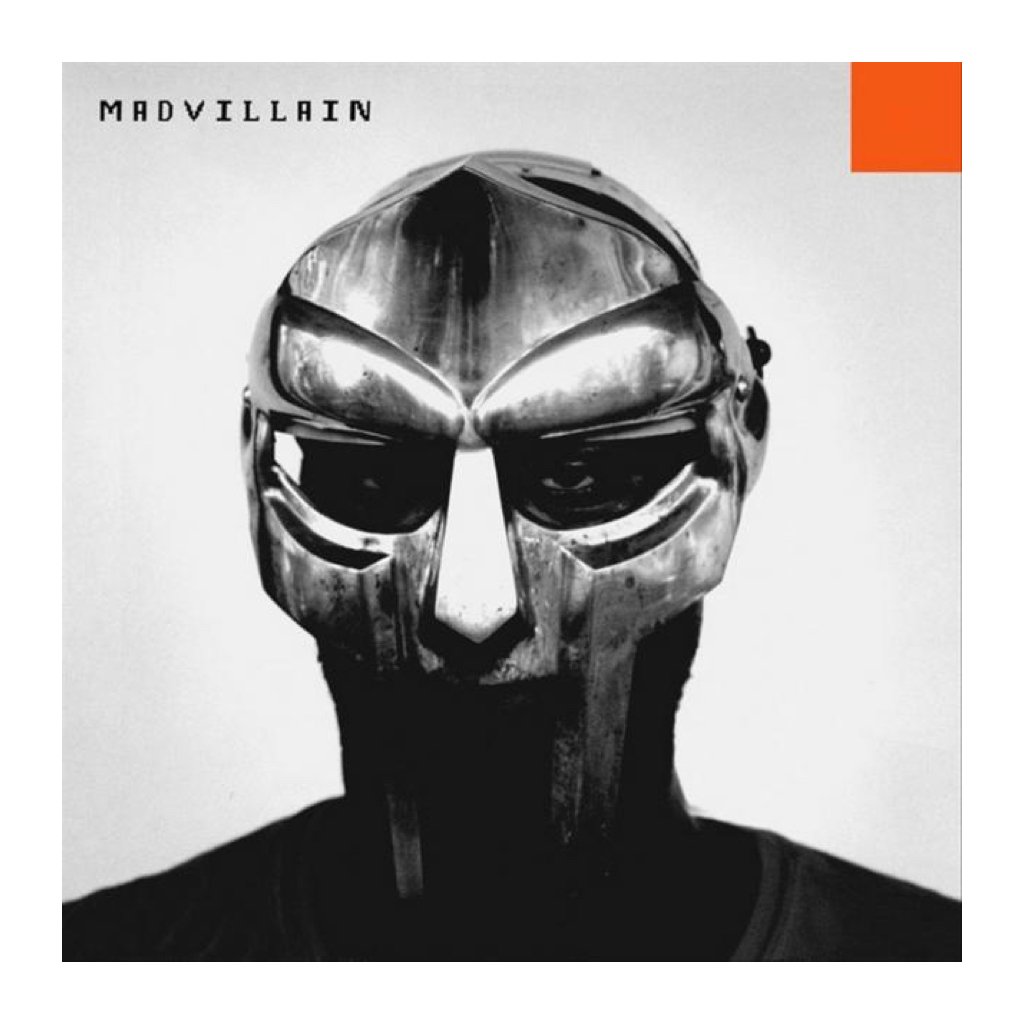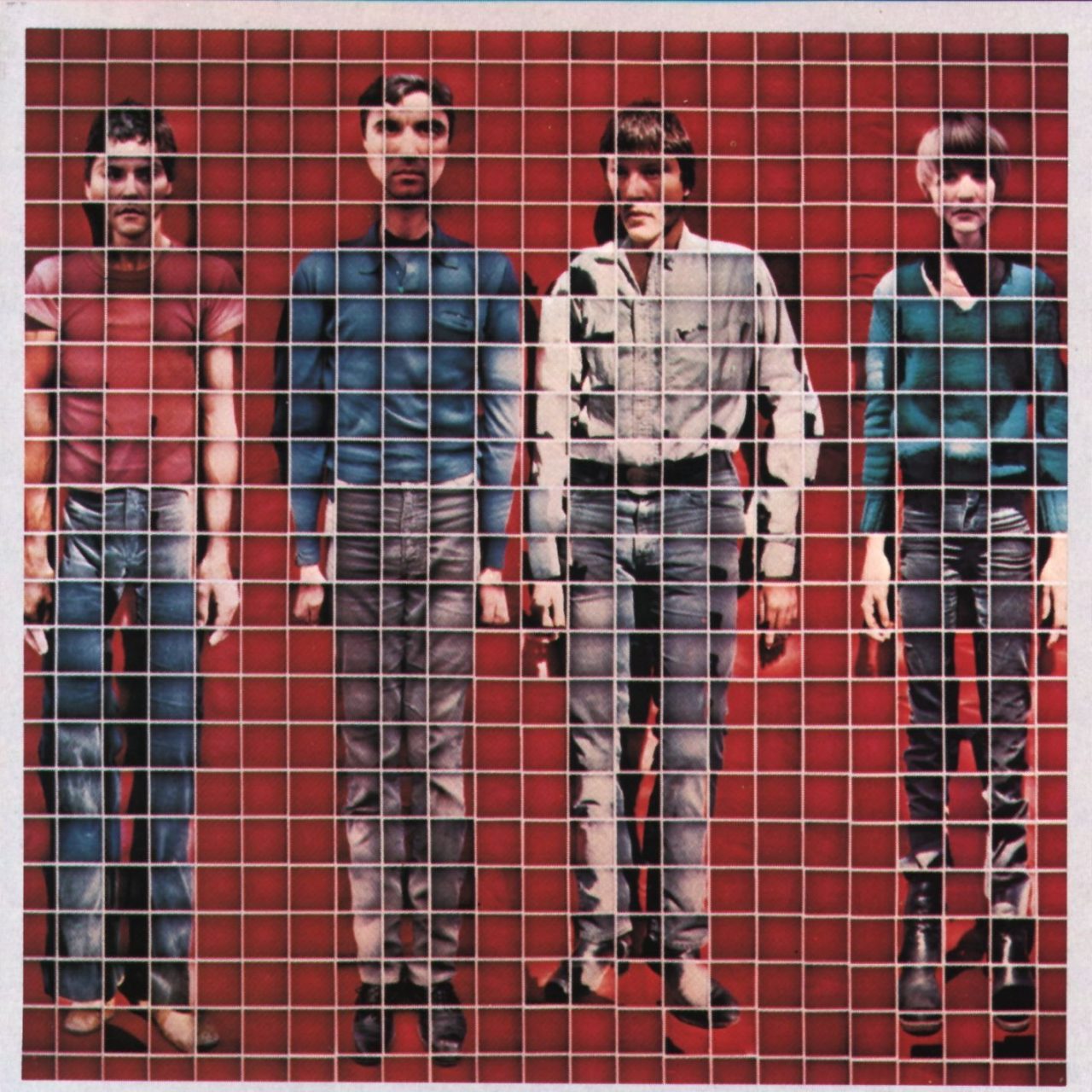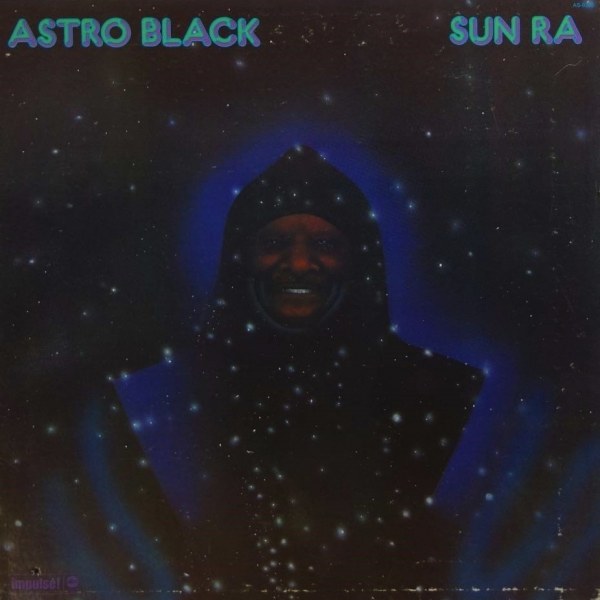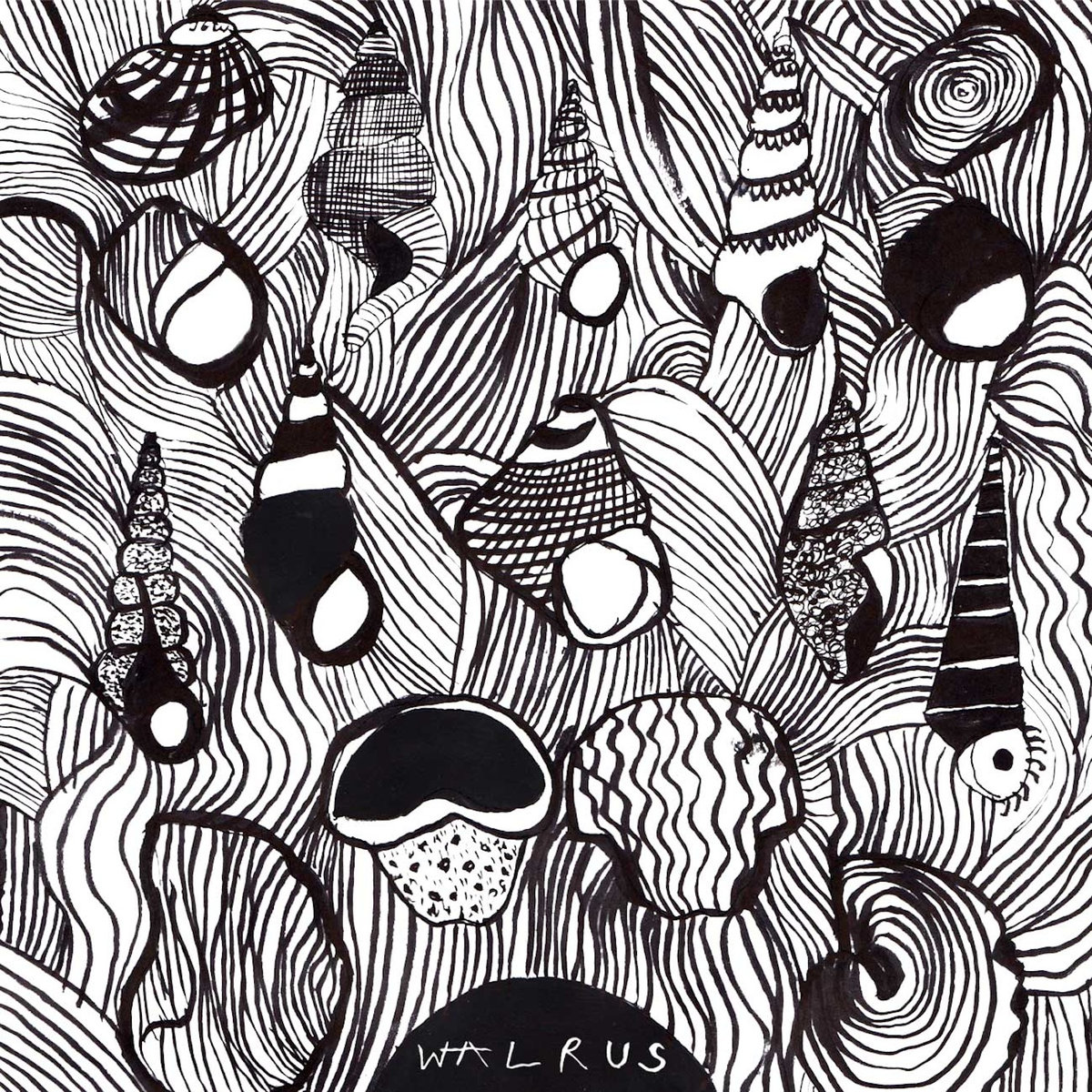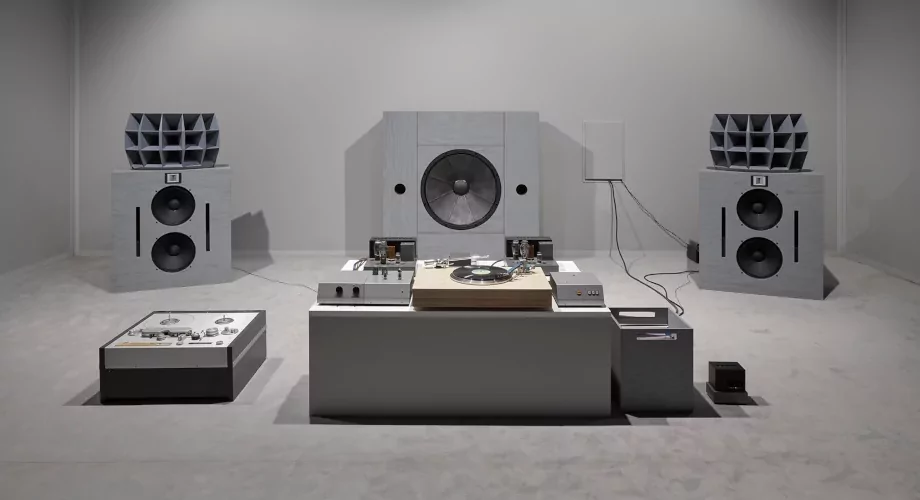Published on
May 1, 2018
Category
Features
Ahead of the release of her new EP Ley Lines, trumpet player, composer and jazz-wise virtuoso Emma-Jean Thackray opens up about her influences, from Madlib and Mulatu to Art Ensemble of Chicago.
Name: Emma-Jean Thackray
Location: London
Musical influences: Miles Davis, Madlib, Gil Evans, John Coltrane, Alice Coltrane, J Dilla, Art Ensemble of Chicago, Talking Heads, Sonic Youth, Carla Bley, Georgia-Anne Muldrow, Sun Ra, Matana Roberts, Bill Frisell, Soft Machine, Theo Parrish, Gilles Peterson, Bikini Kill, Chet Baker, Mulatu Astatke, Joni Mitchell, Maria Schneider, The Smiths… and everyone I’ve ever played with.
Desert Island Discs:
YNQ – Angles Without Edges
Talking Heads – Remain In Light
Soft Machine – Soft Machine 1
Sun Ra – To Those Of Earth & Other Worlds
Miles Davis – Bitches Brew
Miguel Atwood Ferguson – Suite for Ma Dukes
Fela Kuti – Expensive Shit
Madlib – Shades of Blue
Most inspirational artwork:
Miles Davis – Bitches Brew
Madlib & MF Doom – Madvillainy
Talking Heads – More Songs About Buildings And Food
Various Artists – We Out Here
Sun Ra – Astro Black
Emma-Jean Thckray – Walrus
Books that shaped you:
I grew up reading a lot of fantasy and Alice In Wonderland was my favourite as a child. Then from my early teens I got heavily into dystopia after diving deep into George Orwell whilst reading Animal Farm at school. 1984 blew my adolescent mind and to this day Brave New World by Aldous Huxley is still my favourite book ever. I like returning to the earlier books of the genre like We by Yevgevny Zamyatin, love the more mid-century stuff like Dick and adore how the modern writers are taking these ideas to the Young Adult market with their relatable characters and exploration of gender roles in future dystopias. Louis O’Neill’s first book Only Ever Yours is a killer.
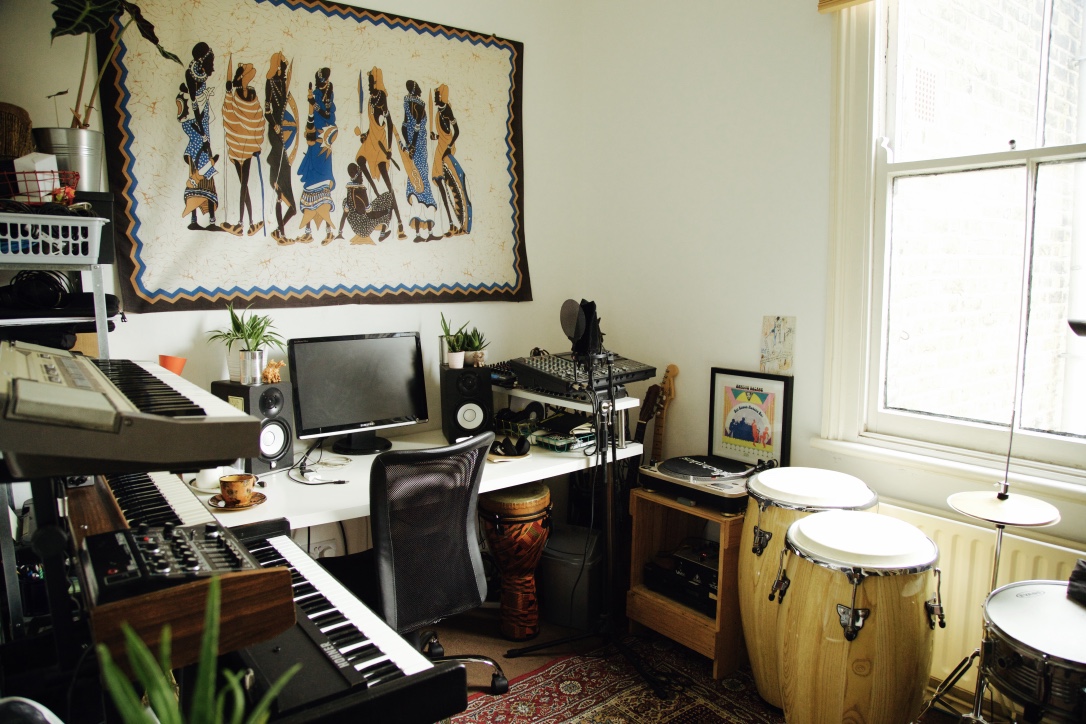
Describe your ideal studio environment:
I’ve got this dream of building my own house out of storage containers, and I’d love to have a couple of big storage containers that I could properly sound-proof. That would be the dream, somewhere I can have that’s attached to my house, or in the garden, or very close so I don’t have to travel, and I can feel at home, because it is my home.
I think I’d still have this equipment, I’m not into fancy stuff I don’t think it necessarily makes much difference. If you can make a good sound out of something shit… These congas are not good quality and the pre-amps are not good quality, but if I can make a nice sound out of it, that’s all that matters.
You recorded Ley Lines entirely by yourself in this home studio. Talk us through the process of how that worked?
I’d sketched out the structure beforehand. I didn’t know what I was going to play in each part but I knew what needed to happen. I needed it to be like ‘chorus, break, another chorus’, I knew in terms of lengths of bars, and then I just sat down and did it. I knew what kind of feel needed to be there, and because I compose and arrange, I just took that approach with myself.
I could hear the whole thing in my head, I just had to do it. So then, if I was improvising on all these different instruments by myself, I knew it would sound quite samey, because I would be approaching the phrasing in the same way every time, so I tried to pretend to be different people. I got that idea from listening to Yesterday’s New Quintet and the fact that Madlib had created these different characters, so when I was doing the piano part I went and put on a different jumper, ok now I’m whoever I am.
How many characters did you have and how did you differentiate the styles in your own mind?
Maybe 30… So as a trumpet player I’d try and be someone who is very spacey and plays a few notes, but the right notes. But as a percussionist I’m going to be very busy and quite aggressive, and then when I got to the keyboards I was just trying to be the glue, and approach stuff in a different way, as well as just putting on different socks. And with the choirs, I had to do that, I literally had to be like ‘Now I need to sound like a man…’ How can I be a man for this choice, and then how can I be the soprano and a woman with a high voice? It’s obviously very stereotypical, but it was just a quick way to try and emulate what I wanted.
Playing live is also a massive part of what you do, and of the jazz tradition in general. Do you take pleasure in hearing the record played by others?
Yeah, I love listening to other people’s approaches to stuff, and I did miss playing with people when I was making the record because that’s something that I really love. It’s nice to hear people’s approaches for the track to go somewhere else. I deliberately under rehearse the band, so that things don’t get stale and we don’t end of doing the same thing every time, we can just see what happens and trust each other.
Emma-Jean Thackray’s Ley Lines is out on 11th May via The Vinyl Factory. Pre-order your copy here.

